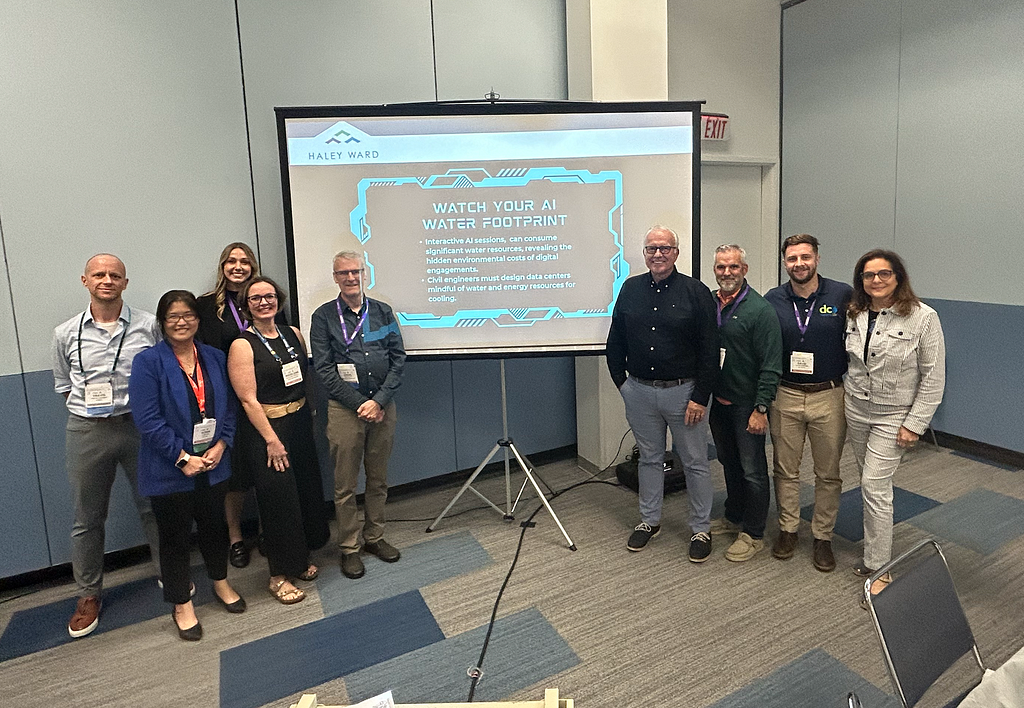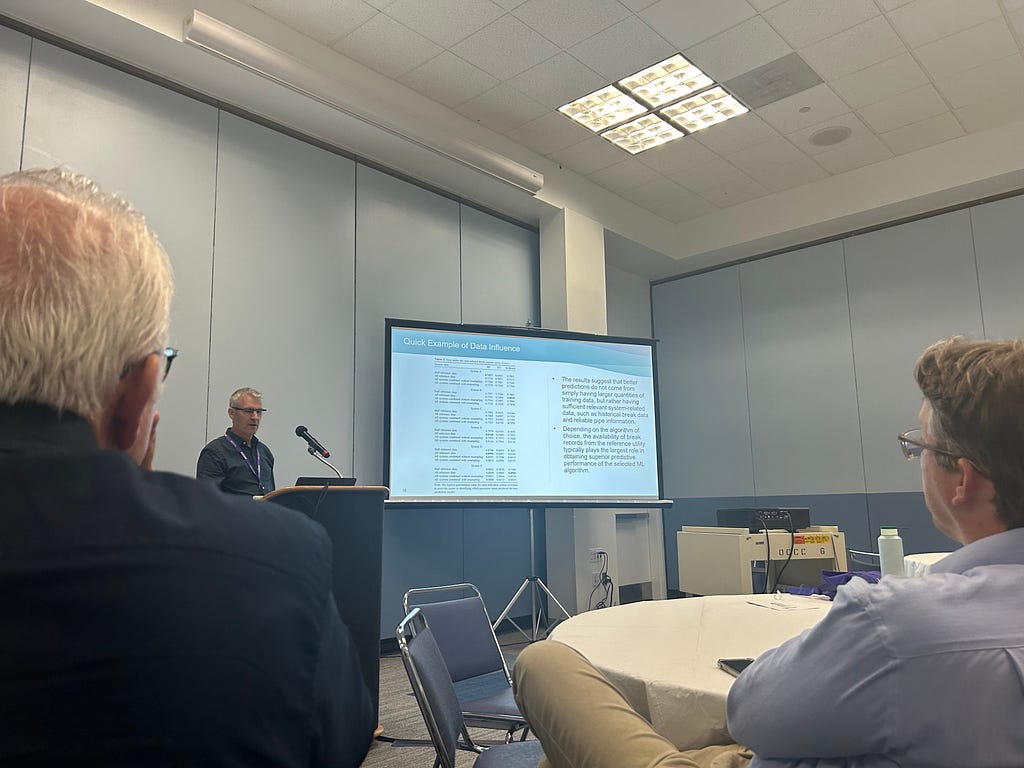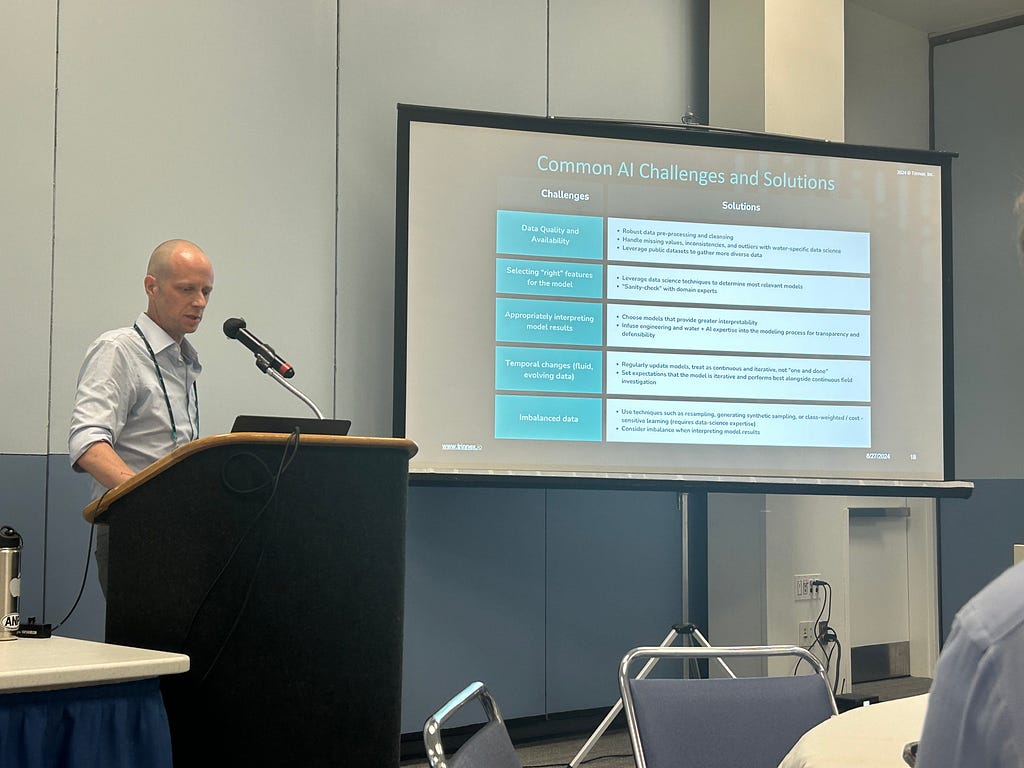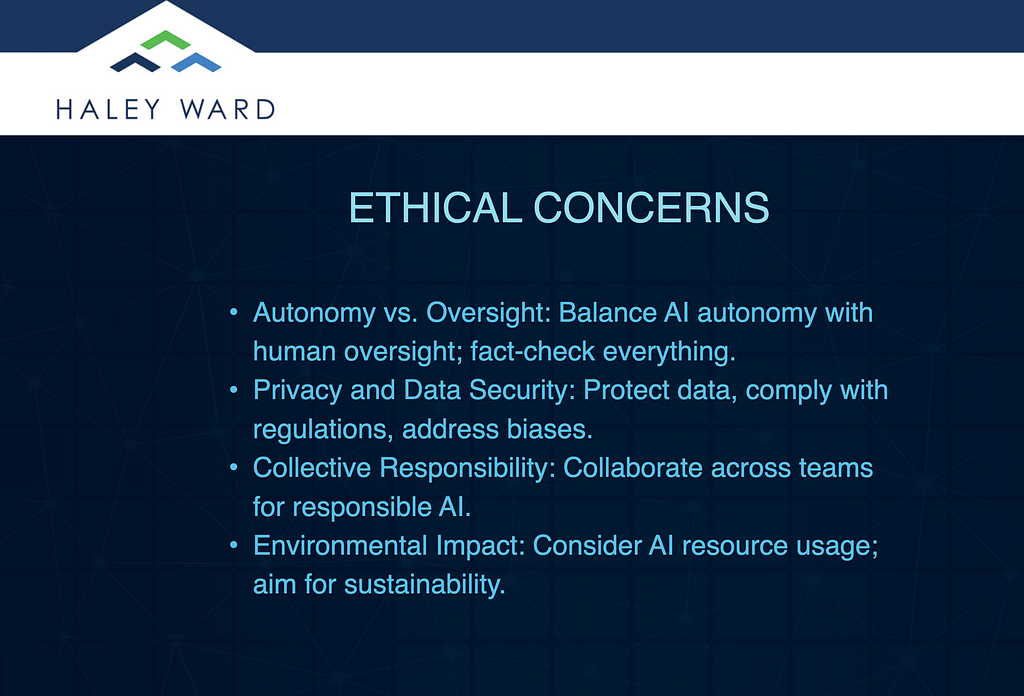The AI Revolution in Water Management: Transforming an Age-Old Industry

Imagine a world where water management is as efficient as clockwork, where the driest areas bloom and the most flood-prone zones remain secure. This is not a sci-fi scenario but a rapidly approaching reality, thanks to the transformative powers of Artificial Intelligence (AI) and Machine Learning (ML). Recently, water industry professionals convened for a groundbreaking pre-conference workshop in Ocean City, Maryland, to explore these emerging technologies and how they could revolutionize water management.
Unveiling the Potential of AI in Water Management
The workshop aimed to demystify AI for industry professionals, shedding light on its practical applications. Organized as part of the Chesapeake Tri-Association Conference (TriCon), the sessions made clear that while AI’s roots go back to 1948, today’s generative AI tools are poised to upend traditional methods of water management.

Key Workshops and Insights
Experts from various institutions, including the City of Rockville, WSSC, City of Baltimore, DC Water, and several engineering firms, participated in sessions that focused on applying AI in pivotal areas. The sessions were presented by Craig Daly from the City of Baltimore, Travis Wagner of Trinnex, Brandon O’Daniel of Xylem, John Smith of Haley Ward, and Davar Ardalan of TulipAI.
Travis Wagner emphasized the economic benefits of AI in treatment processes, spotlighting how AI can minimize costs while enhancing operational efficiency.
Breakthrough in Generative AI Tools
Breakout sessions were particularly enlightening, offering real-world applications of generative AI tools that promise to enhance accuracy and save time in water management systems.

Responsible AI: Ethics and Best Practices
John Smith and Davar Ardalan led a pivotal session titled “Responsible AI Adventures: Innovating Environmental Engineering.” They stressed the importance of ethical considerations and transparency when leveraging AI technologies. Smith and Ardalan introduced the beta version of John Smith GPT, an AI assistant designed to aid environmental engineers in proposal writing, cost estimating, and marketing strategies.

Smith and Ardalan emphasized two critical points: never share proprietary information with an open AI tool, and always maintain transparency when using AI, akin to citing sources in a bibliography. These practices are paramount for preserving trust and integrity.
The Future of AI in Water Management
As AI technologies advance, workshops like those at TriCon are invaluable. They equip water professionals with the knowledge and tools to responsibly and effectively implement these new technologies. The consensus is clear: AI has the potential to revolutionize the water industry, but it must be applied thoughtfully, ethically, and collaboratively.
Conclusion: The Road Ahead
By integrating AI and ML, the water industry can expect significant advancements in efficiency, sustainability, and overall effectiveness. As we stand at the brink of this revolution, it is crucial for industry professionals to stay informed, prepared, and agile, ready to harness the full potential of AI technologies responsibly.
